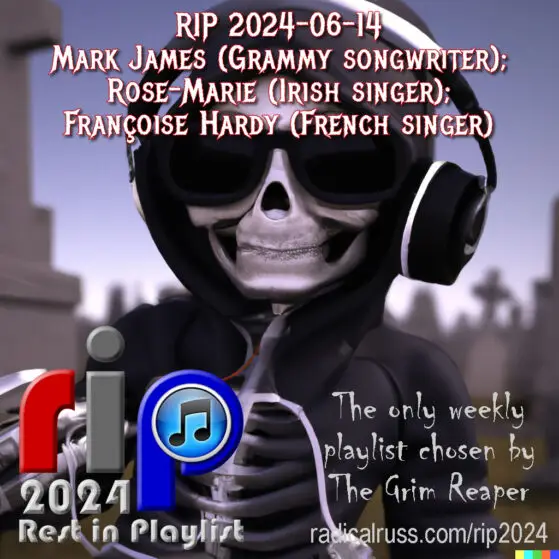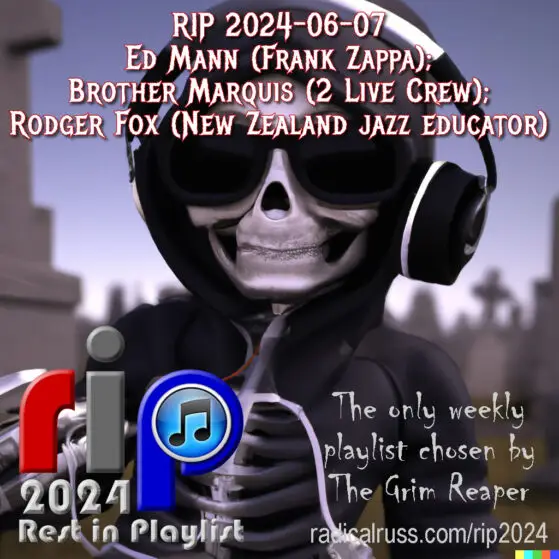Here’s an article passed on from my Dad…
NASHVILLE SKYLINE is a column by CMT/CMT.com Editorial Director Chet Flippo.).
So, how much of a hosing will music fans take before they revolt?
I’m as much against music theft as the next honest person, but the constant spectacle of the recording industry and its RIAA henchmen suing and threatening music consumers is becoming wearisome. I don’t care how much they try to spin it, suing your own customers is not a sensible long-term strategy of winning hearts and minds. Strong-arm tactics should be a thing of the past. Suing a 12-year-old girl, as the RIAA did this week, is not guaranteed to garner sympathy for your cause. She ended up — or her mother did — paying $2,000 to the RIAA to avoid what the RIAA sought in its lawsuit: a penalty of $150,000 per downloaded song. What I would like to know is this: Where does the money from those penalties go? Does it go to artists and songwriters? Or does it go to the RIAA and its lawyers?
It should be obvious at this point — after years of consumers getting away with free downloading and coming to feel entitled to free music — that the music industry must offer a comprehensive legal and workable system of downloading music. Instead, we’ve seen years of shilly-shallying and dithering and hand wringing. Apple’s iTunes is the first and only logical music downloading system, and the fact that it took a computer company — rather than the record labels — to figure it out speaks volumes about the collective stupidity and greed of the record industry. Once iTunes becomes available to PC owners — it now is accessible only to Mac users — by year’s end, it should become a serious factor in the music industry.
But instead of labels offering serious downloading alternatives, we now see BMG rushing to merge with Warner Music, so we’ll be offered fewer artists and less musical choices from yet another faceless conglomerate. If that merger goes through, there will be only four major music labels left (BMG-Warner, Universal, Sony and EMI). All of those are headquartered outside the United States. We’ll see more and more emphasis on a few superstars that sell multi-platinum, and we’ll see fewer and fewer choices for new voices.
The only bright spot on music fans’ horizon is the long-overdue decision by Universal Music to cut CD prices down to a more realistic level. I’ve seen several studies strongly say that if the CD price doesn’t get close to a $10 figure, consumers are more and more tending to shy away from that purchase. The fact that the other label giants have not followed Universal’s action, though, spells further troubles down the line for the music business.
On another front, music fans can expect another new and wholly unique consumer experience from Ticketmaster’s new auction system, due later this year. Small wonder that I see the term “Ticketbastard” on so many Web sites and in so many chat rooms. I am still waiting for someone from Ticketmaster to explain how it benefits ordinary fans for concert tickets to go to the high bidder in an auction. “The tickets are worth what they’re worth,” John Pleasants, Ticketmaster’s president and CEO was quoted as saying. “If somebody wants to charge $50 for a ticket, but it’s actually worth $1,000 on eBay, the ticket’s worth $1,000.” Does this sound to you as if Ticketmaster wants to legally compete with ticket scalpers? Loyal fans may wait in line all night to see their music idols, but those tickets may be snatched instead online by greedy ticket brokers — with Ticketmaster getting a cut of the inflated prices. And please explain to me again what a “convenience fee” actually is.
One of these days, I think we’re going to start seeing some music fans raising up their windows, sticking their heads outside and yelling, “I’m mad as hell, and I’m not gonna take it anymore!”






